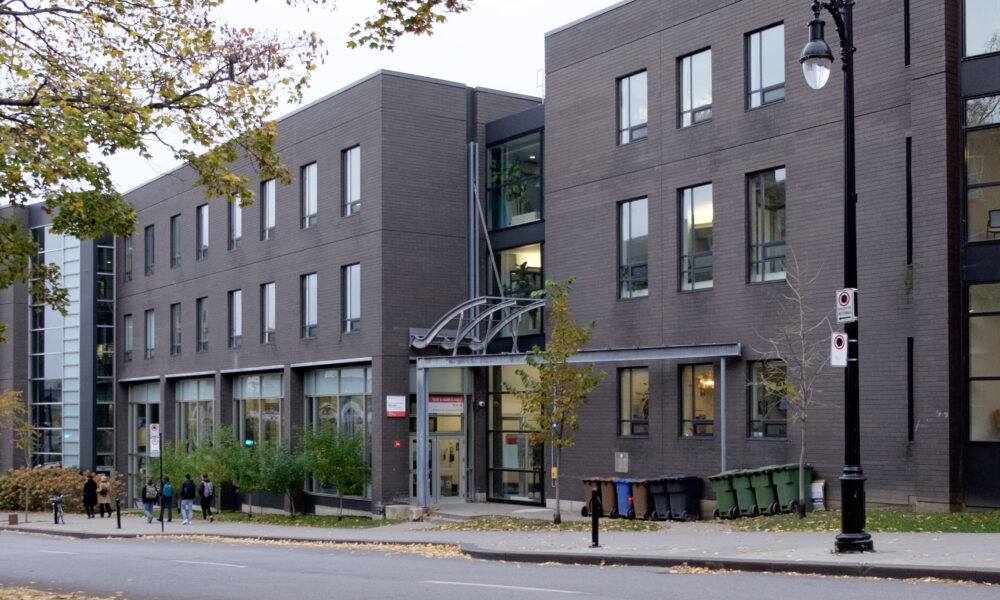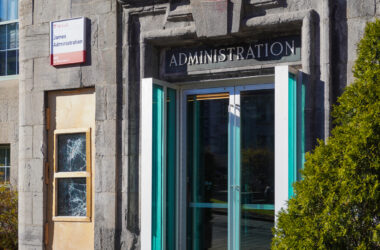The Student Wellness Hub (SWH) is a multi-functional program proposed and opened in 2019 to encourage the well-being of students, staff, and faculty members. Since its creation, however, the SWH has faced obstacles in providing care due to a province-wide shortage of practitioners and a requirement that doctors volunteer their time. This has led to limited access to appointments and clinical availability for students across campus.
Lennox Wong-Chor, U1 Music, shared his experience with the SWH in an interview with The Tribune.
“I think realistically, the Wellness Hub is doing everything they can [….] I called the Wellness Hub bright and early, at 8:30, and by the time I called, I was 17th in line, even though I called as soon as they opened,” Wong-Chor said. “In a perfect world, I’d want there to be less of a wait time and more physicians, but I know realistically, it’s not going to happen because it’s not student-run and the doctors are volunteering their time.”
In a written statement to The Tribune, Dr. Hashana Perera, Medical Director of the SWH and a faculty lecturer in McGill’s Department of Family Medicine, explained that Quebec mandates specific amounts of time that doctors have to work in order to continue working in the province.
“Family physicians in Quebec are required to commit 12 hours per week to certain medical activities to maintain their license to practice in a region [….] Time spent seeing patients at McGill does not contribute to fulfilling these weekly required 12 hours,” Perera wrote. “Consequently, I must maintain a separate family medicine practice with 600 patients and work at a community walk-in clinic. While our doctors thoroughly enjoy working with our students, the difficulty lies in finding physicians willing to take on additional responsibilities beyond the government-mandated requirements.”
This requirement has led to a practitioner shortage at universities, including McGill, as doctors have to be willing to volunteer their time. Additionally, more than 80,000 Quebec healthcare practitioners organized a two-day strike on Nov. 8 and 9, as a result of Bill 15—Quebec legislation that stands to overhaul the existing health system. Bill 15 includes a proposal to increase the clinical hour requirements to account for post-pandemic labour shortages, which would likely lead to a decrease in practitioners able to volunteer their time at university clinics.
Alice Maitlis, U1 Arts, reports having a smooth experience visiting the SWH despite practitioner shortages, but agrees that there are barriers to access.
“My experience was fairly positive with the Student Wellness Hub, it was efficient, kind and there was no awkwardness, which was good,” Maitlis told The Tribune in an interview. “I doubt that everyone has equal access to the Hub, due to linguistic barriers or not being encouraged to go by friends or family. I’ve only accessed the physical health side of it which seemed very well run, and I assume in terms of mental [health] it [is] too, although those could always be more well funded in facilities like these.”
When asked about student accessibility at the SWH, the Hub responded that they have managed to reduce wait times over the years, but stated that students’ medical experiences could be further improved if provincial legislation allowed for easier practitioner recruitment.
“We’re proud of how we’ve leveraged our team of different clinicians to connect students with care when they need it,” the SWH wrote in a statement to The Tribune. “Mental health wait times have been reduced significantly over the past few years and we can often connect students with a mental health clinician within a few days […] If hours worked in our clinic were counted as clinic hours required under provincial legislation for all GPs, we would be able to recruit more doctors to provide medical services for students.”









